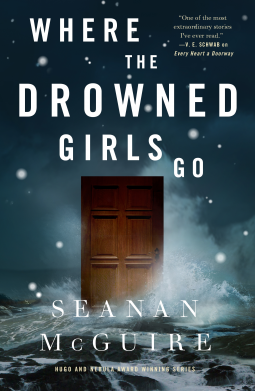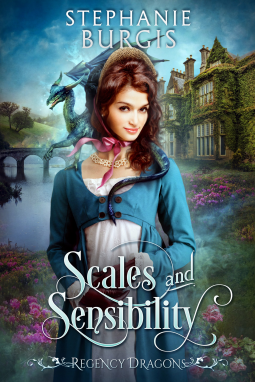Where the Drowned Girls Go, by Seanan McGuire (Tordotcom)
Every Heart a Doorway introduced a delighted readership to Eleanor West's Home for Wayward Children, a school for children who fall through doors to imaginary worlds and then fall back out again. Such children often cannot adapt to the normal world again, they are so changed—for good or ill—by their time in other worlds. Many are tormented by nightmares or dreams of longing. The Home for Wayward Children offers them a place of understanding where they can slowly reconcile with what has happened to them and what they have lost.
But it cannot help all of them.
Cora is one such child. She’s spent too much time as a
mermaid, a hero, to be able to accept a world in which her physical body makes
her a target for unending teasing. When she hears about The Whitethorn School,
she jumps at the chance to transfer. From the moment she enters the new premises,
she realizes how different this new school is. The barred windows. The
terrified, pathologically obedient students. The autocratic matrons. The
Stepford teachers. The sinister headmaster. She finds herself a prisoner,
subjected to daily brainwashing, with no hope of escape.
Until one of her friends from the Home for Wayward Children
comes to rescue her and becomes the Whitethorn’s latest victim.
Like its predecessors, Where the Drowned Girls Go is
filled with glorious inventions, friendships, compassion, and page-turning
action.





